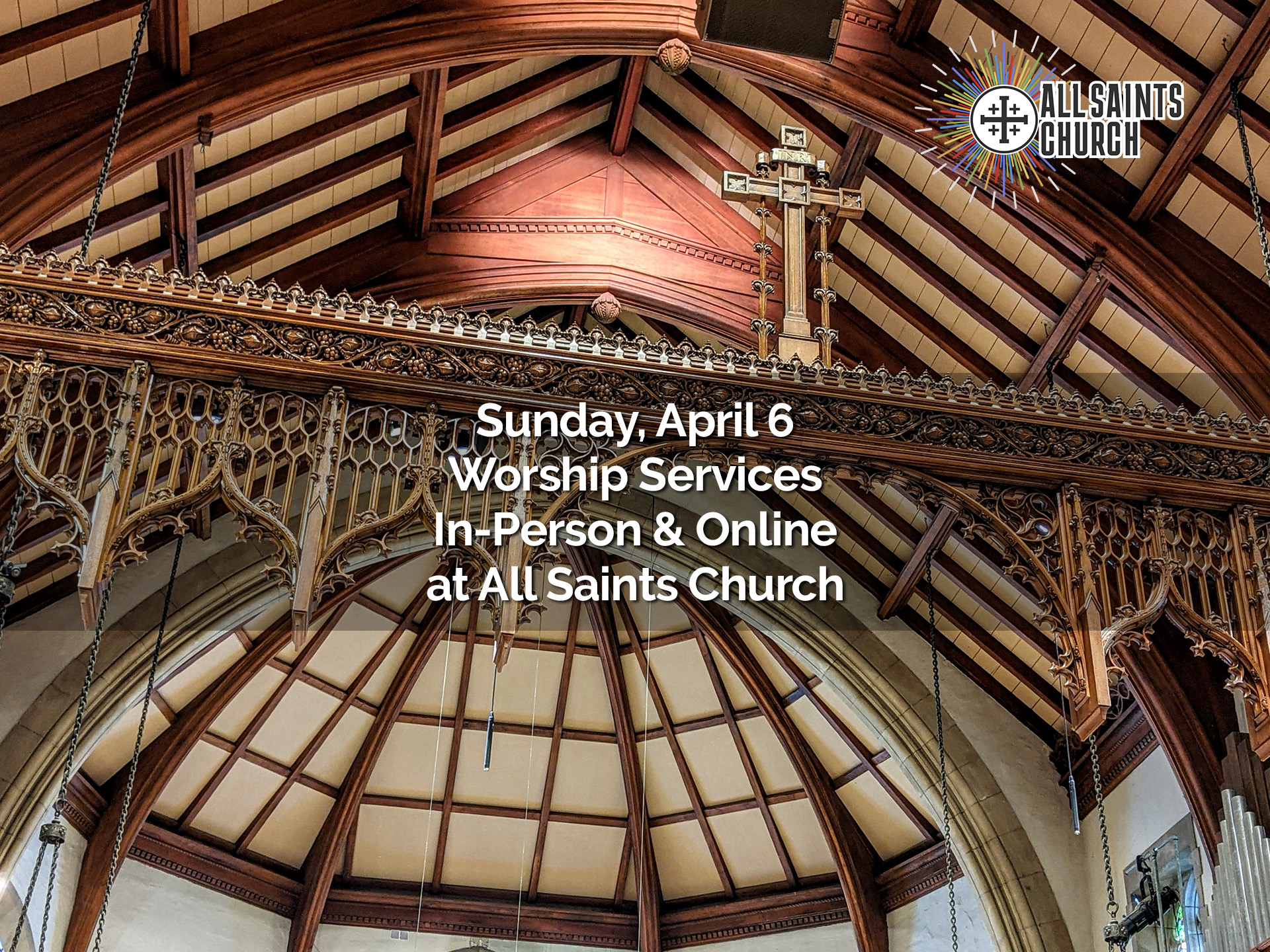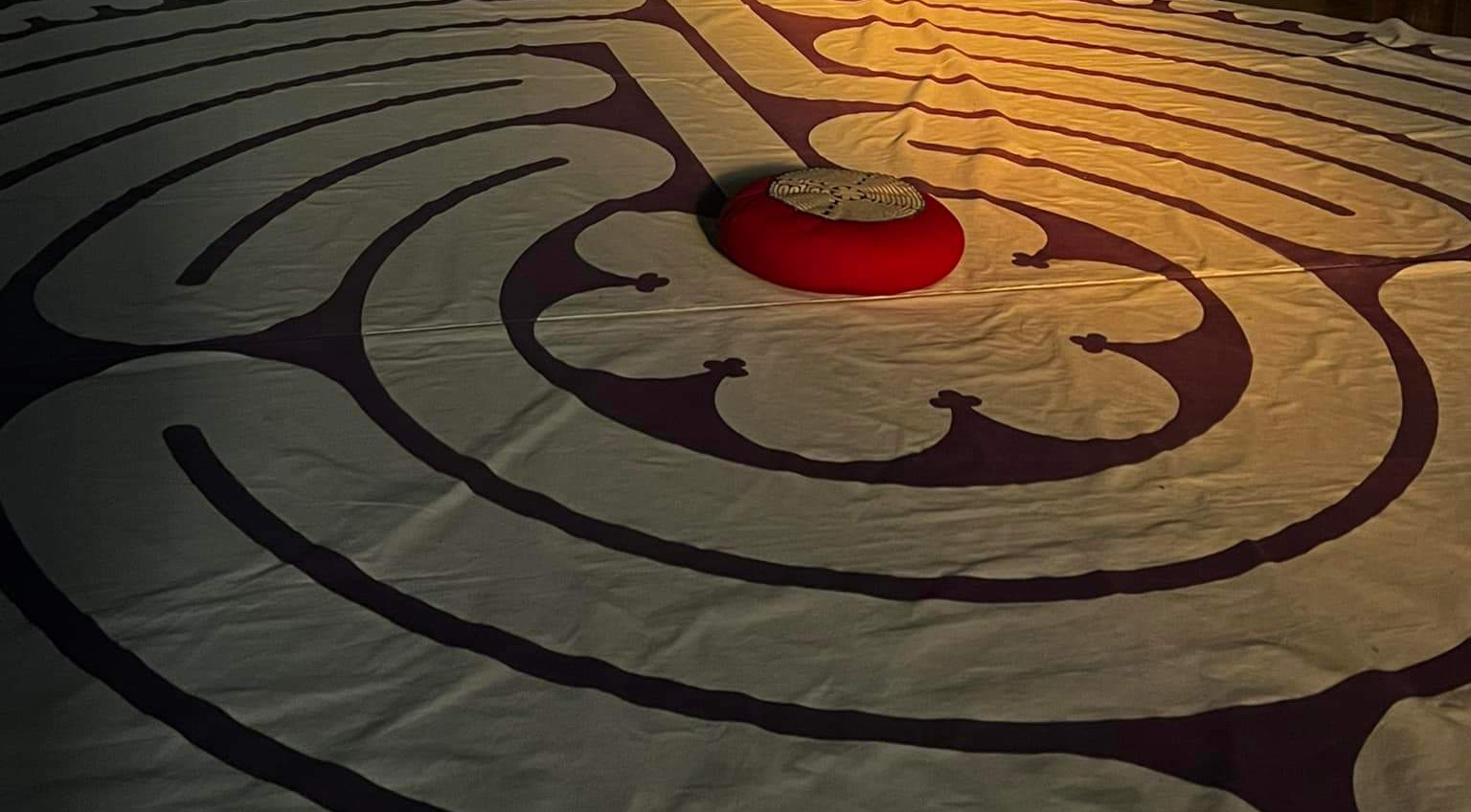The Gospel isn’t meant to be gulped down on Sunday morning, but gnawed on through the week so it really becomes a part of us. You’ve got to work at it, like a dog with a good bone! Here’s the Gospel for this coming Sunday — the Last Sunday After Pentecost — with food for thought about the need for forgiveness. Gnaw away!
The Last Sunday After Pentecost – Luke 23:33-43
When they had reached the place called The Skull, they crucified Jesus there – together with the criminals, one on his right and one on his left. Then Jesus said, “Father, forgive them; for they do not know what they are doing.” And Jesus said, “Abba forgive them. They don’t know what they are doing.” Then they divided his garments, rolling dice for them.
The people stood there watching. The rulers, however, jeered him and said, “He saved others, let him save himself – if he really is the Messiah of God, the Chosen One!” The soldiers also mocked him. They served Jesus sour wine and said, “If you are really the King of the Jews, save yourself!” There was an inscription above Jesus that read, “This is the King of the Jews.”
One of the criminals who hung there beside him insulted Jesus, too, saying, “Are you really the Messiah? Then save yourself – and us!”
But the other answered the first with a rebuke: “Don’t you even fear God? We are only paying the price for what we have done, but this one has done nothing wrong!”
Then he said, “Jesus, remember me, when you come into your glory.”
Jesus replied, “The truth is, today you’ll be with me in paradise!”
The Backstory – What’s Going On Here?
This Sunday, we end our journey through Luke’s Gospel. Next Sunday is the beginning of the new year — Advent 1 — and we will begin a year of reading Matthew’s Gospel. But we end Luke this week at the foot of the cross. Luke’s account of the crucifixion has what is called a chiastic structure, which means there is a mirroring aspect to it.
A. Simon of Cyrene carries Jesus’ cross, 23:26
B. Women follow Jesus, beating their breasts, 23:27-31
C. Criminals crucified with Jesus, 23:32-33
D. Jesus forgives mockery and abuse, 23:34-38
C’. One criminal mocks Jesus, the other believes, 23:39-43
B’. Events of Jesus’ death lead crowd to beat their breasts; women stand at
a distance, 23:44-49
A’. Joseph of Arimethea puts Jesus in his own tomb, 23:50-56
In this literary structure, you can see what is most important to the author because it is placed in the middle. For Luke, the lynchpin of Jesus’ crucifixion is not the criminal’s faith or even Jesus’ death, but Jesus’ forgiveness in the face not just of torturous death but mocking and humiliation. The lynchpin of this epic cosmic event is the juxtaposition of ultimate cruelty and ultimate forgiveness.
A few things to chew on:
*We call the last Sunday of the church year “Reign of Divine Love” Sunday and we read a portion of the Gospel that emphasizes the reign of Christ. In other places it is called “Christ the King Sunday” and it is a fairly recent celebration, beginning in 1925 with an encyclical from Pope Pius XI. For Pius, it was a response to the increasing secularization in the governments of Europe and an effort to have all recognize the kingship of Christ. As a movement for social change, it failed utterly. Its lasting impact is annually to raise the issue of Christ’s absolute authority over our lives. The idea of anyone having absolute authority over us makes most Americans very uncomfortable. We tend to respond either by ignoring the invitation altogether, or by sufficiently forming Christ in our own image so that it is really we who retain control. And yet we pledge in our baptism to “turn to Jesus Christ and accept him as your Savior,” to “put your whole trust in his grace and love,” and “to follow and obey him as your Lord.” What do these promises look like in your life? What invitation do they hold? What challenges do they present?
*The thief cries out “Jesus, remember me when you come into your glory.” The word “remember” (in Greek, Μνήσθητί) is about much more than just recollection. It is literally how something becomes real. Think of the Eucharist … “do this in remembrance of me.” That isn’t just recalling a past event. When we do this, Christ becomes real and in our midst. If that’s what happens when we remember Christ … what happens when we ask Christ to remember us?
Try This:
The heart of the crucifixion is forgiveness. It is deep love in the face of deep wounding. Spoken from the cross, they tell us there is nothing we can do that is unforgivable. There is nothing beyond the reach of Christ’s passionate love for us. This week spend a little time each day looking into your heart and looking at your life. What are those things for which you are unable to forgive yourself, or for which you believe God cannot forgive you. Then sit with Jesus’ words on the cross: “Abba, forgive” and consider that God is interceding for you.
Hello.
My Name is Jesus of Nazareth.
You nailed me to a cross. I forgive you.
Anyone who has seen The Princess Bride knows (and has probably quoted incessantly) its most famous line from Mandy Patinkin’s swashbuckling character:
“Hello. My name is Inigo Montoya. You killed my father. Prepare to die.”
As a boy, Inigo had watched his father be killed by the six-fingered man. And he dedicated the rest of his life to revenge. To finding that man, saying those words, and killing him.
Mandy Patinkin talks about playing Inigo. Patinkin’s own father had died of cancer in 1972 and for him, the six-fingered man was that cancer. It was his chance to pursue the cancer that killed his father to the end of the earth, and, in the end, to run a sword through its heart.
Patinkin says he prepared for the scene where he finally fights the six-fingered man by walking around the castle before the take talking to his father in his heart saying, “I’m going to right this wrong.”
In that scene where Inigo finally has the six-fingered man at swordpoint, he asks him to beg for mercy. And the six-fingered man complies, offering Inigo “anything you want.” To which Inigo replies:
“I want my father back.”
And then kills him.
Patinkin says that as he rammed the sword into Christopher Guest, he felt like he had finally killed the cancer that had killed his father.
But the truth is, neither Mandy or Inigo got what they wanted.
Neither one got their father back.
In this week’s Gospel, Jesus is nailed to the cross. As Clint Eastwood ‘s Will Muny says in Unforgiven, “It’s a hell of a thing, killin’ a man. Take away all he’s got, and all he’s ever gonna have.”
Jesus is having everything taken away from him, but instead of plotting his revenge (“wait till my dad gets ahold of you!”) He does something incredible — he says ” Abba forgive them. They don’t know what they are doing.”
In the midst of ultimate loss and pain, Jesus forgives. He forgives because, unlike Inigo Montoya, he knows that revenge is not going to change anything.
He forgives because he knows, as Anne Lammot says “not forgiving is like drinking rat poison and expecting the rat to die.”
But mostly he forgives because he is God incarnate — and the people who are killing him are his children, too. And more than anything, he loves them and wants them not to kill anymore.
This scene is one of the most powerful in all of scripture. And in our quest to “have the same mind that is in Christ Jesus,” we are invited to face the people who have most hurt us and to remember that God loves them, too. To have our greatest wish for them not be that they feel the pain we have felt but that their hearts are touched by the love of God we have felt.
To have our lifelong quest not be revenge but reconciliation. To look our would-be enemies in the eye and say “Hello. My name is Jesus of Nazareth. You nailed me to a cross. I forgive you.”



